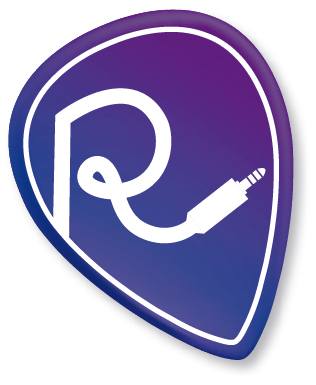#
Music royalties are the payments that should be received by the rights holders of a piece of music when their musical work is used. The rights holders can be composers, lyricists, songwriters, recording artists, etc. They’re an essential revenue stream for all music creators, and often the biggest. In 2019, the two largest royalty collection societies in the U.S., ASCAP, and BMI, paid out a total of $2.34 billion in music royalties to songwriters, artists, and publishers. That’s only one type of revenue, performance royalties – and only in North America.
Every song has two copyrights #
The Composition #
For the song as it is written (lyrics and melody)
The Sound Recording #
For the song as it is recorded (what you hear)
What are the types of music royalties? #
There are different types of royalties, each to ensure the owner gets the proper compensation. Each type also has separate and distinct copyrights. Below we try to describe them as simply and as summarized as possible.

Types of Licenses #
The royalties generated by the Sound Recording Copyright are called “Recording Rights” (sometimes “Master Rights”). Royalties stemming from the Composition Copyright are referred to as “Publishing Rights (sometimes “Songwriter Rights”).
Both copyrights generate royalties based on different uses of the composition or recording.
They include:
- Sales/Streaming: These are called “reproduction” royalties for sound recording, and “mechanical” royalties for the composition. In either case, royalty is due any time a song is sold in any format or streamed.
- Public Performances: Whenever music is played publicly, someone is likely paying a performance royalty. This includes over the radio, in restaurants/bars, in live performances, and even through streaming services like Spotify. Recording and Publishing royalties work slightly differently with this use.
- Licensing: Music is often licensed for placement in TV shows, films, ads, video games, and so on. These licenses generate Synchronization (or “synch”) royalties and are a one-time payment negotiated between the copyright holder and the company licensing the music.
Registering Musical works #
In order to receive performance rights income, a writer must register with a PRO (Performance Rights Organization). A writer can only register with one organization at a time. The writer subsequently registers each song or composition into that PRO’s database. If there are multiple writers, a PRO allows the user to enter credits for multiple writers and to assign percentages to each writer. These organizations track performances and broadcasting of music nationwide, collect fees for each performance, and calculate the royalty payments to copyright holders for each song performed. PROs in the United States are ASCAP, BMI, and SESAC. Outside of the United States, please contact your local performing rights society. You can see the full list here.
